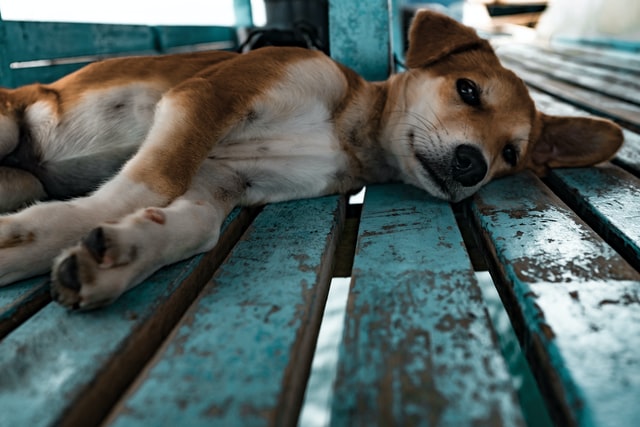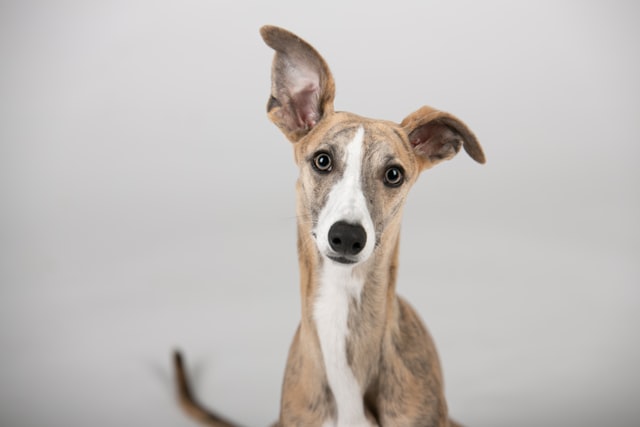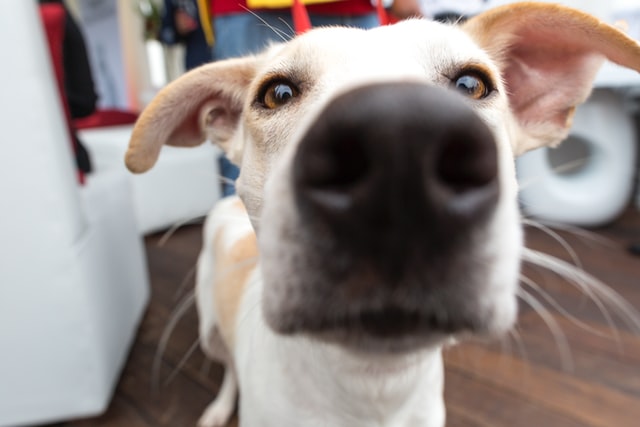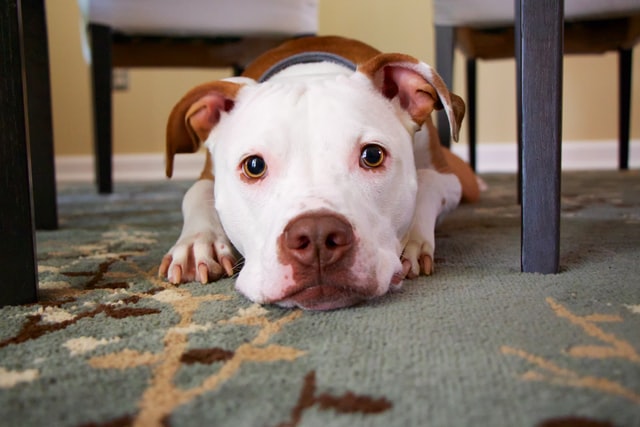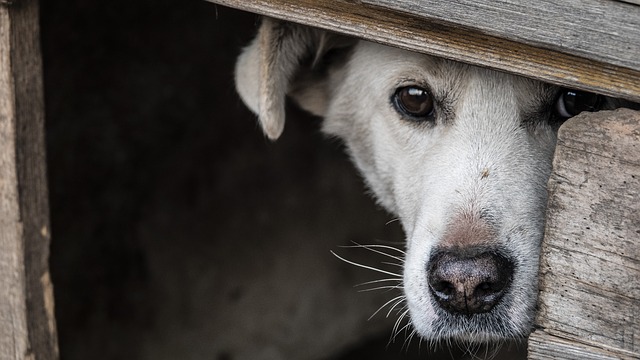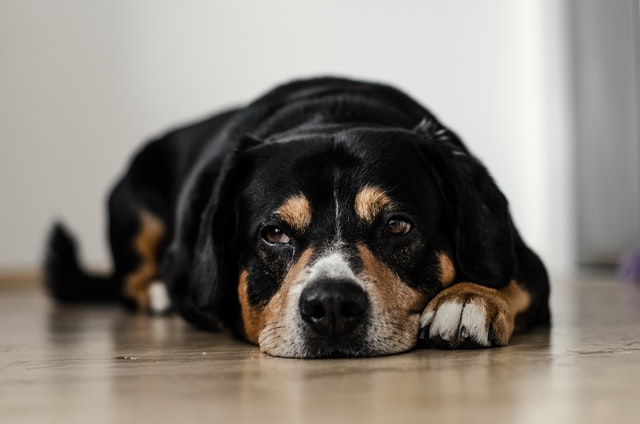Helping puppies deal with separation anxiety: tips and tricks for working people
Bringing home a new puppy is exciting for everyone! But sometimes we have to leave these precious little fluff balls for a multitude of reasons, and being alone isn’t something these kiddos are used to.
So, what are you supposed to do to help ease your young pup’s budding separation anxiety?
Well, that’s a great question and I’m here to answer it!
Let’s go over the tips and tricks for helping your new puppy overcome their separation anxiety before it causes a problem.
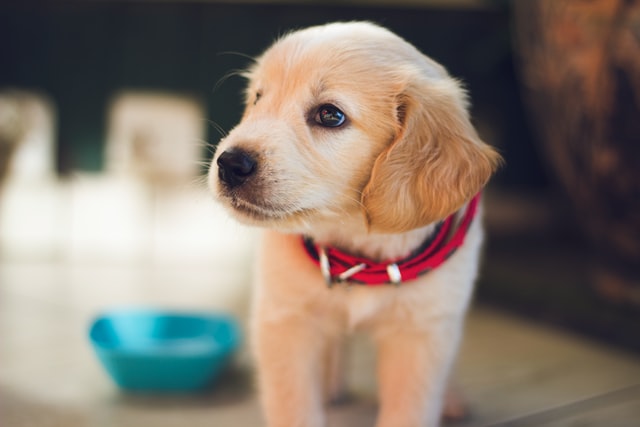
Why Does My Puppy Already Have Separation Anxiety?
The answer to this is pretty simple: they’re just a puppy.
Puppies don’t understand the way of things yet and by the time that you bring them home they’re still probably only about 8 weeks old.
Before weaning, they are completely dependent on their mother and never alone, but once you take them in, this new alone time can be a little shocking to their little system.
Here are some normal puppy separation anxiety behaviors that you will see:
- Crying when alone or following people around the house
- Howling, barking or crying when in their crate
- Loud noises frighten them
- Want constant attention
- Restless and trouble sleeping alone at night
Try not to panic if you see these behaviors in your young pup!
With some patience and consistency, they will be used to being alone in no time.
How To Help Reduce Anxiety In Puppies With Crate Training
It’s always important to remain as gentle and as patient as possible.
Getting upset with your young dog will only increase the incidence of fear and anxiety.
Their puppy behaviors can be frustrating, but the initial separation from mom and their siblings can be tough, so it only makes sense that it can take time to acclimate.
One of the most key rules to training a puppy is using a crate or kennel (same thing).
While some owners feel as if kennel or crate training is cruel or cold, it is quite the opposite.
Because dogs are animals that enjoy having a den or cozy, closed space around them, a kennel emulates that same atmosphere.
Your puppy will quickly learn to love and even go into the crate on their own for nap times and moments of distress.
By crate training your puppy you are providing a safe place for them to nap, relax and stay in while you are away from home.
If you do not have your dog crate trained from puppyhood, attempting this later will be much harder.
Tips For Reducing New Puppy Separation Anxiety
Like mentioned earlier, consistency and patience is key to minimizing unwanted behaviors caused by separation anxiety.
However, there are many more steps in the process of training your puppy to be alone and getting over separation anxiety.
- Keep the house calm and mellow
- Give them plenty of attention and supervision
- Start your puppy’s routine
- Find the right place for the crate
- Create a comfy sleeping space
- Make coming and going a boring occurrence
Keep Your House Calm And Mellow
This is especially important if you have excited children.
Bringing home your dog and introducing them to the family is a big event and this can stress out a new, young pup.
Teach your children how to appropriately handle the dog and be sure to supervise them until you are comfortable.
Try not to throw any crazy parties where you have lots of company and changes going on in the home.
This is sure to create anxiety in a young dog that is still not acclimated to their new place.
Give Them Plenty Of Attention And Supervision
Your puppy needs supervision. It doesn’t take long for a young, curious dog to eat something they shouldn’t, fall off of something or have a potty accident in your home.
These dogs are small, clumsy and unaware of dangers, making it easy for them to get into trouble.
Providing them with plenty of attention is also important.
While we’re not wanting to create a dependency with you, we are wanting to establish the love and affection that dogs and humans both crave and enjoy.
Be sure to give your puppy some time alone as this will help to reduce the anxiety they may incur when you leave the house.
Start Your Puppy’s Daily Routine
A puppy’s daily routine is important for several reasons.
A routine establishes predictability with your dog and they know what to expect, eliminating the anxiety that comes along with not knowing when they’re next play session or meal will occur.
Finding The Right Place For Their Crate
Your puppy’s crate should not be in a location where they are isolated and lonely.
Ideal places for your dog’s crate are in the bedroom, living or family room where they can hear the sounds of their owner’s voice.
Understand that your puppy will take time to get used to going into the crate and whining and crying can occur at first until they have settled down.
Create A Comfortable Sleeping Space
A comfortable sleeping space, whether that’s their kennel, bed or small room, is appealing to dogs and can make being left alone much less stressful.
If your dog’s comfy place is full of their favorite blankets, toys and other enrichment items then they will find themselves busy and less likely to lash out in an anxious panic.
Make Coming And Going A Boring Occurrence
The process of witnessing the owner leaving the house is often enough to send some dogs, especially young pups, over the edge with anxiety.
This is not unusual and is one of the first things to address when noticed. These moments are a precursor to your dog’s mounting separation anxiety.
When you are leaving the house, it is important to simply ignore your dog and not acknowledge their anxious behaviors.
If they settle down and go to a quiet place, you may reward them, but it is usually best to simply just go about your business and not reinforce the negative actions.
The same thing applies to returning home. If you make your arrival a big deal, your puppy is more likely to become stressed.
Do not fawn over your dog and then leave a minute later.
This is confusing to them and will only cause more anxiety in the future.
Helping Puppies With Separation Anxiety
The best rule of thumb when it comes to puppies and reducing the occurrence of separation anxiety is to simply use consistent training and routine and foremost stay patient.
Your puppy is young and will adapt quickly to new things as they become used to their daily lives and schedule.
